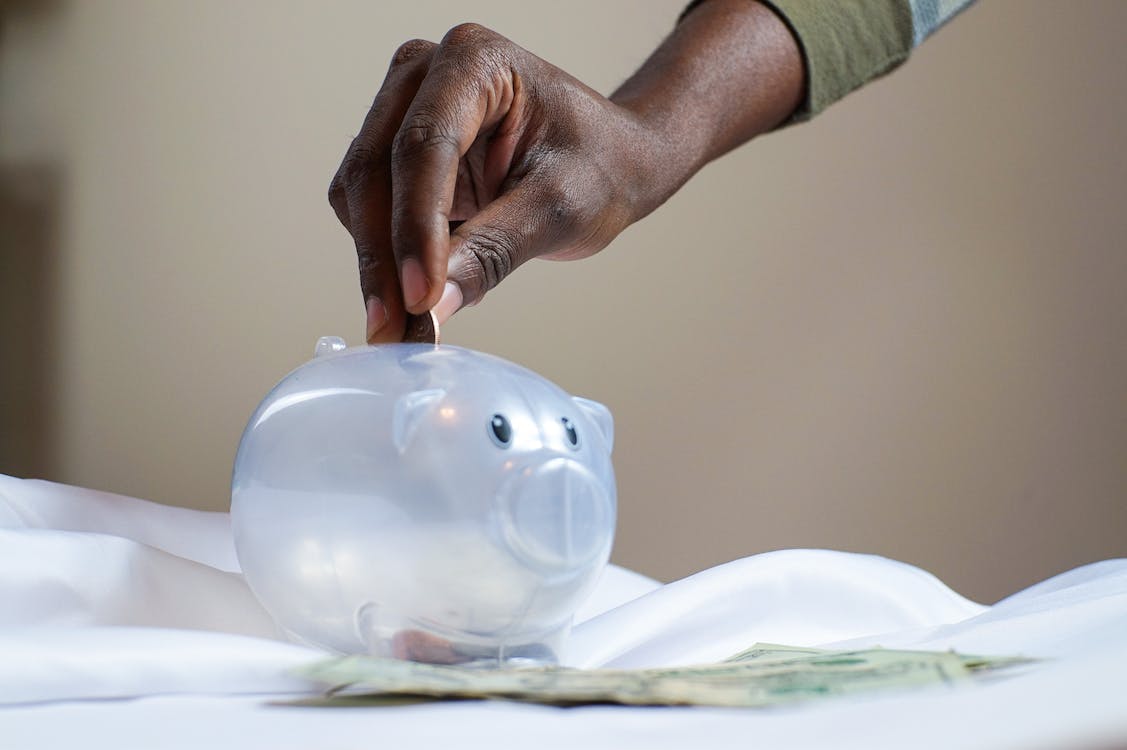The Psychology of Spending: Understanding How Your Mind Affects Your Finances

- Beverly Bennett , at Financial Expert
- 22.09.2023 07:00 am #finance
Have you ever walked into the store with the intention of buying one thing but ended up walking out with a cart full of stuff you didn’t plan on purchasing? Do you think impulse buying has a significant negative impact on your overall finances?
Understanding the psychology of how you spend money sheds light on why you make these decisions and how your mind influences your financial well-being.
In this article, we'll look at how your spending behavior influences your finances.
The Emotional Connection to Spending
Unlike what most people believe, spending money is not always a rational, budget-driven activity. Emotion plays a significant role in how we spend, and here is how;
Retail Therapy
Most of us turn to shopping as a way of relieving stress, dealing with anxiety, or boosting our mood. Purchasing something releases feel-good hormones, thus providing temporary relief from emotional discomfort. So, when you have problems regulating your emotions, it might translate to impulsive and often unnecessary spending.
Peer Pressure
Social influence significantly affects your spending behavior. Normally, people spend trying to keep up with peers or appear successful. This might result in overspending on status symbols like expensive vacations and luxury goods.
Instant Gratification
The human brain is wired to seek immediate rewards. This can result in impulse spending on things we need at the moment, even when it means sacrificing our long-term financial goals.
Scarcity
Creating a sense of urgency makes us feel like we need to buy a product immediately. Limited-time offers and phrases like "while stocks last" will most likely push you to make quick decisions.
Emotional Appeal
Think of your last purchase. Did the adverts highlight happy and satisfied individuals using the product? Does this dating app have testimonials of people saying how great the platform is? These strategies play into our emotions so we can desire to experience similar emotions.
Peer Endorsement
Celebrity endorsements and customer reviews tend to make purchases feel safe and worth it because we trust the experience of others.
Convenience
The easier it is to get, the easier it is to buy. If all you have to do is add to the cart and check out, you are more likely to spend more. As such, most people are more likely to impulse spend on online stores.
How to Harness the Psychology of Spending
Here are several strategies that will help you balance your emotions and logic when it comes to making purchases and avoiding impulse spending;
Create a Budget
This is the foundation for responsible spending. Establishing a budget allows you to allocate your money more intentionally. Having a budget in place makes it easier to recognize when you're missing your financial goals due to impulse spending.
Identify Triggers
Knowing what triggers your impulse buying helps you identify patterns, thus making you more mindful of how you respond to them. Common triggers include adverts, boredom, stress, or social pressure.
Keep a journal of your spending habits, and make sure to highlight the circumstances and emotions surrounding each purchase.
Apply the 24-Hour Rule
Before you buy anything that's non-essential, wait at least twenty-four hours. This delay helps your impulse to subside, and you'll have the time to evaluate whether the purchase is necessary or just a fleeting desire.
Make a Shopping List
Take time and create a list of all the items you need. A list helps you to focus while reducing the urge to buy stuff on a whim. Try to stick to your list as closely as possible.
Set a Spending Limit
Set weekly or monthly limits to your non-essential purchases, such as clothes, entertainment, or eating out, and avoid overspending on these categories.
Use Cash
Watching money deplete makes you more mindful of how you're spending it. Avoid carrying extra cash, and leave your credit cards at home when shopping.
Unsubscribe From Retail Emails
Retailers will relentlessly send you promotional emails with discounts and tempting offers. Unsubscribing reduces exposure to marketing messages that might trigger impulsive spending.
Avoid Impulse Zones
When shopping in physical stores, steer clear of aisles that might tempt you to impulse spend. The most common culprits are candy aisles, the home improvement section, magazines, and gift aisles.
Track Your Spending
Keeping a detailed record of your expenses highlights where your money is going and where impulse spending might be an issue.
Practice Mindfulness
Do you really need that product? Does it contribute to your long-term goals? Can you afford it without impacting your budget? Such reflective questions allow you to be more deliberate when spending money.
Don't Be Afraid to Seek Help
Impulse spending becomes an issue when it affects financial stability and mental well-being. If you think you have a problem, consider seeing a therapist who specializes in behavioral issues.
Conclusion
Recognizing the factors that influence your spending behaviors makes it easier to manage them and maintain your financial stability. Understanding triggers, having a budget, and practicing mindfulness when making financial decisions will give you better control over how you spend money. This makes it easier to build a secure financial foundation for your future.
























